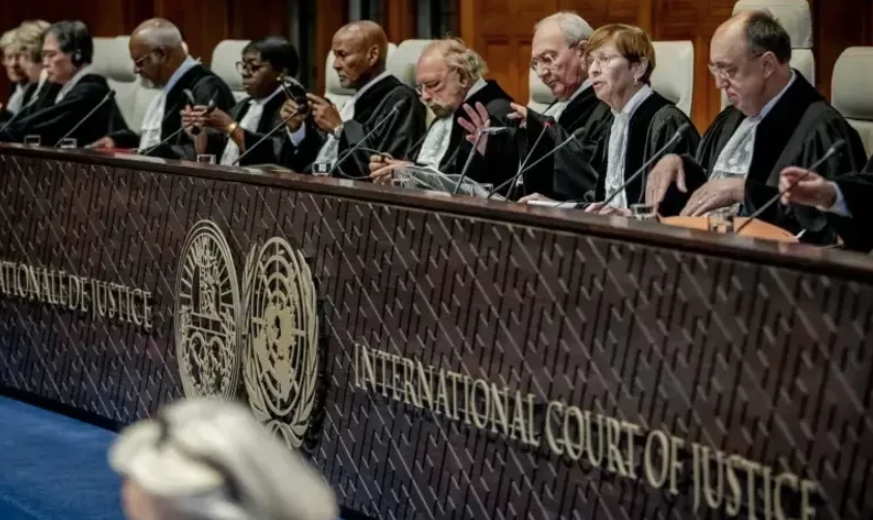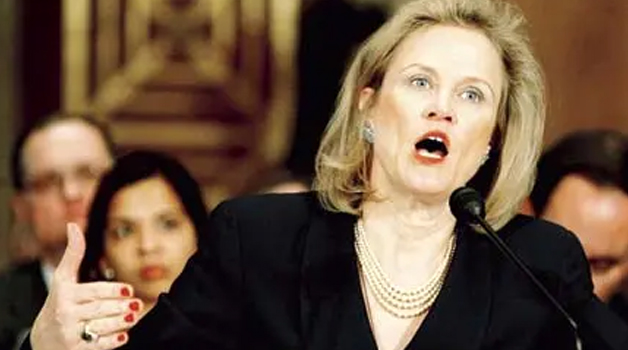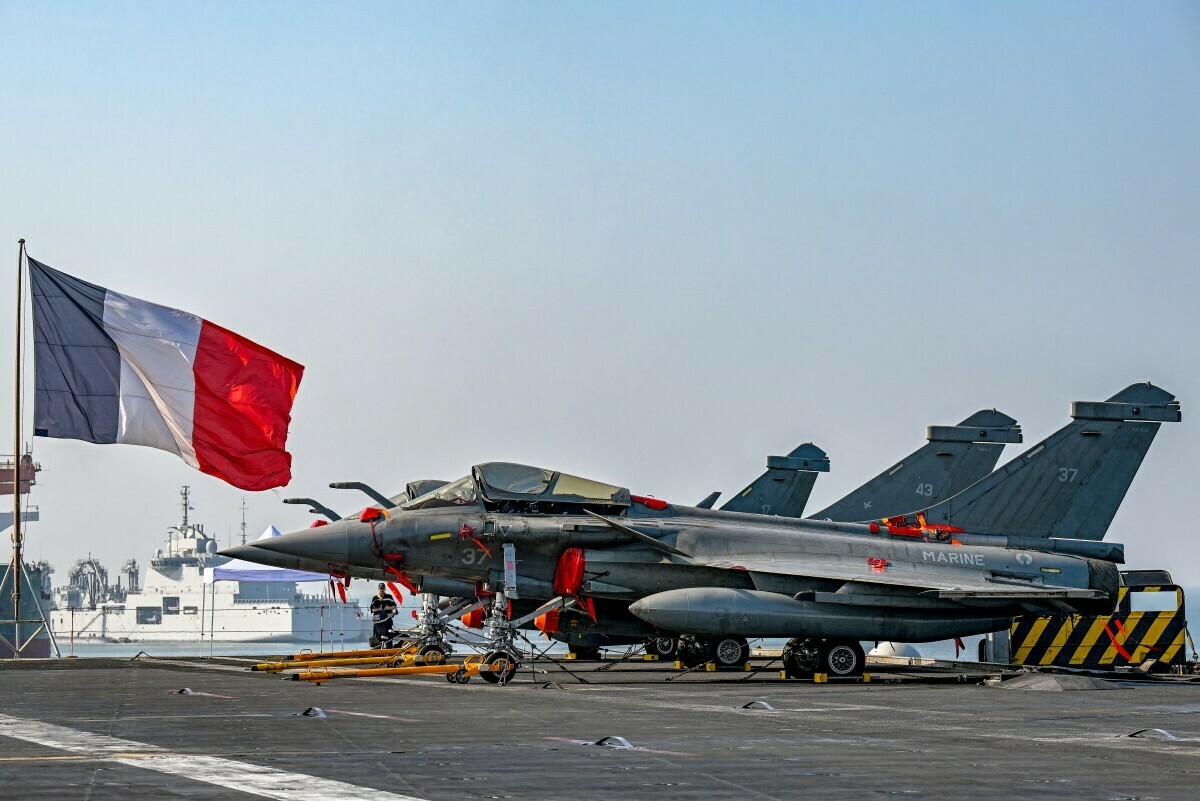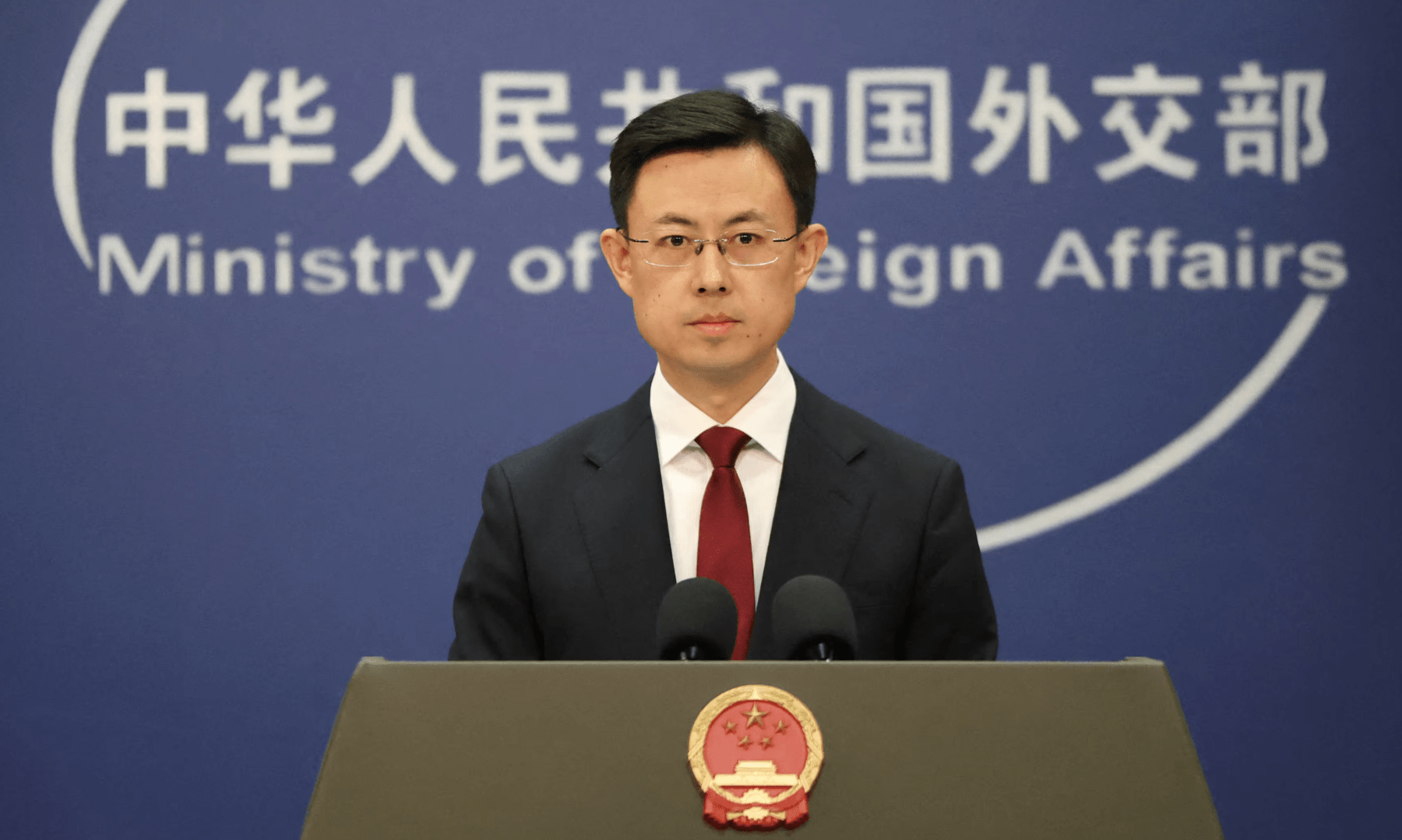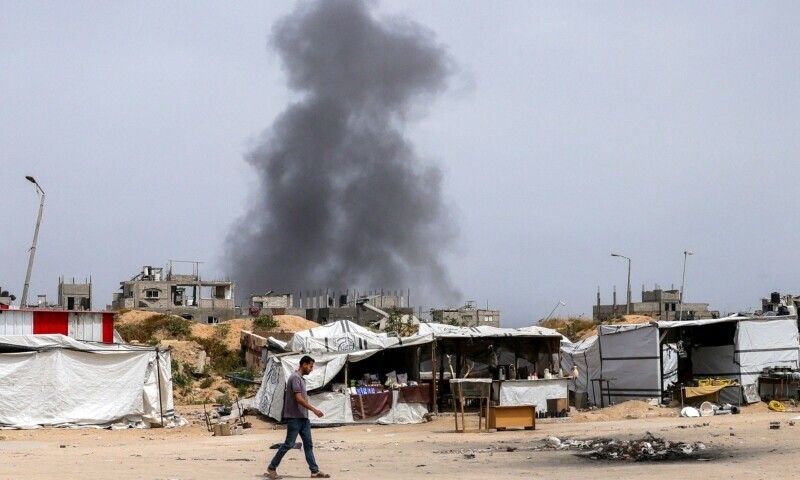WORLD NEWS
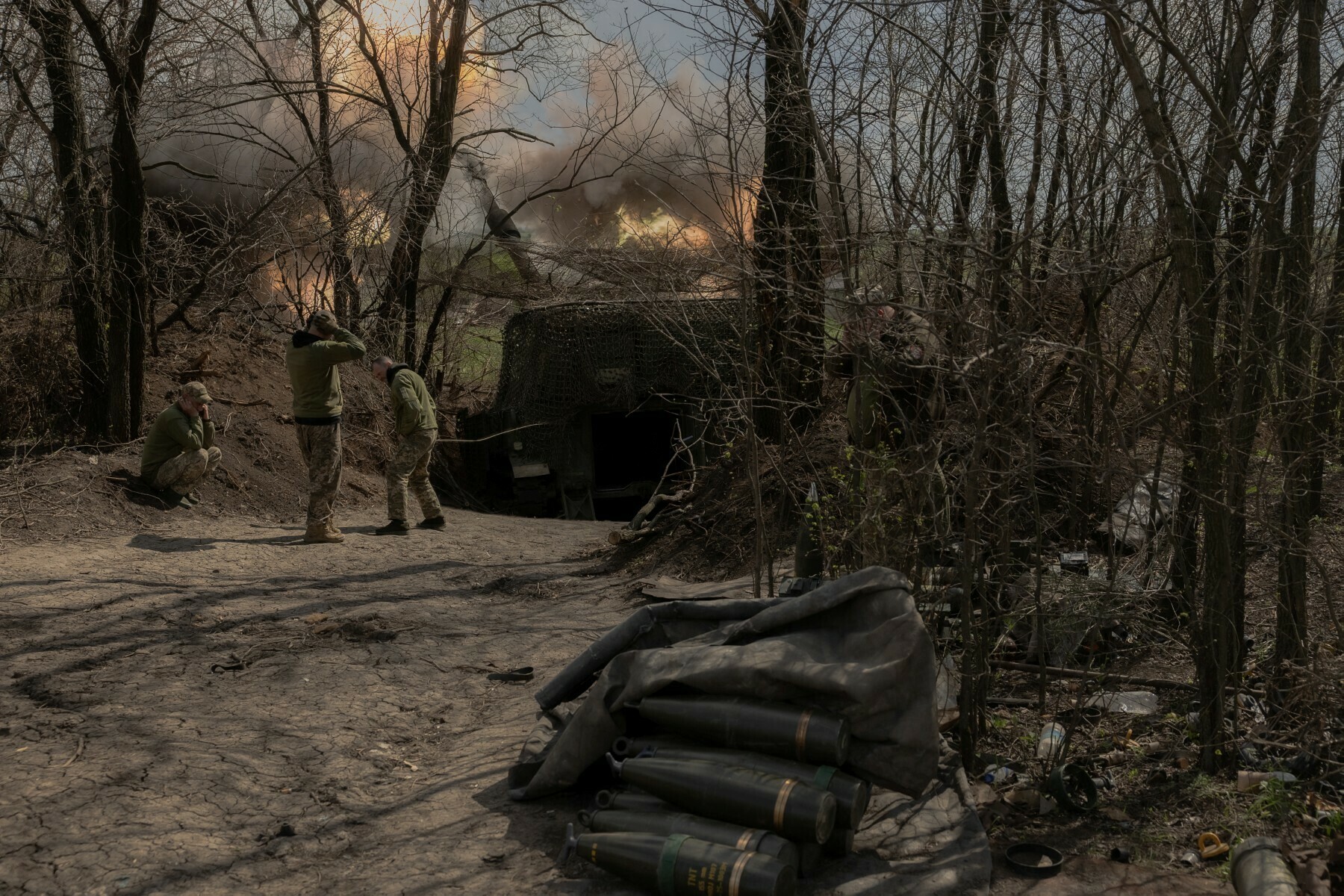
In a surprise move, Russian President Vladimir Putin has ordered a three-day ceasefire from May 8 to May 10, coinciding with Russia’s World War II Victory Day celebrations. The Kremlin announced the decision on Monday, stating that combat operations would be suspended during this period. The ceasefire, which Putin has dubbed a gesture of goodwill to mark the 80th anniversary of Victory Day, is expected to be from midnight on May 7-8 to midnight on May 10-11.
Moscow has indicated that it expects Ukraine to issue a similar ceasefire order, though the Kremlin also warned that it would respond with "adequate and effective" measures if Ukraine violated the truce. The announcement comes after the failure of a previous truce over Easter, which both sides accused each other of violating. Despite this, the Easter ceasefire did lead to a temporary reduction in fighting.
Ukraine’s Response and Concerns Over Ceasefire
Ukrainian President Volodymyr Zelensky and his European allies have repeatedly accused Russia of using ceasefires as a public relations exercise rather than a genuine attempt to end the violence. Ukraine’s government rejected Russia’s conditions for peace talks, particularly its demand for the recognition of annexed territories, including Crimea, Donetsk, Luhansk, Kherson, and Zaporizhzhia, all of which Ukraine considers illegal land grabs.
Russian Foreign Minister Sergei Lavrov stated in a recent interview that Russia remains open to negotiations but insisted that recognition of Russian control over these territories was a crucial precondition. Lavrov’s statement emphasized Moscow’s position that Ukraine must accept its annexations before any peace discussions can proceed.
Meanwhile, former US President Donald Trump, who had previously expressed confidence in his ability to end the war within hours, questioned Putin’s sincerity in seeking peace, noting recent Russian missile strikes on Ukrainian civilian areas. Trump’s remarks highlight growing skepticism in the international community about the prospects for a genuine peace process.
Russia’s Recent Military Advancements
While Putin’s ceasefire order aims to reduce hostilities for a brief period, Russia has made significant military advances in recent weeks. Over the weekend, Russia announced that it had fully secured the Kursk region, with help from North Korean troops, a move that denies Ukraine a key strategic bargaining position in future negotiations.
Additionally, Russian forces claimed control over the village of Kamianka in the Kharkiv region, marking another advancement in the ongoing conflict. These developments highlight the ongoing intensity of the war despite the temporary ceasefire orders.
International Reactions and Diplomatic Efforts
The announcement of a potential ceasefire comes at a crucial moment in international diplomacy, with the United States and European leaders continuing to press both sides to pursue peace talks. The US has urged all parties to work toward a “responsible solution,” though diplomatic efforts have so far yielded little progress.
As the ceasefire period approaches, global leaders are closely monitoring the situation. Any violations or escalations during this period could further derail the prospects for long-term peace and stability in the region.
Conclusion
Russia’s declaration of a three-day ceasefire coinciding with its Victory Day celebrations offers a brief window for potential de-escalation in the ongoing conflict with Ukraine. However, with both sides entrenched in their positions, the future of the ceasefire remains uncertain. The international community’s calls for negotiations and restraint continue, while the situation on the ground remains volatile.
